Beskrivelse
The RUT140 is a compact industrial Ethernet router, enhancing security through network isolation for end devices. Equipped with two Ethernet ports, DIN rail bracket, and an industrial 3-pin connector, it ensures seamless connectivity and easy installation. The router comes with RutOS, Wi-Fi 4, and supports industrial protocols such as Modbus, DLMS, DNP3, and OPC UA, and is compatible with RMS for efficient remote and on-site management.
Technical Specification:
-
Wireless mode
802.11b/g/n (Wi-Fi 4), Access Point (AP), Station (STA)
-
Wi-Fi security
WPA2-Enterprise – PEAP, WPA2-PSK, WPA-EAP, WPA-PSK, WPA3-SAE, WPA3-EAP, OWE; AES-CCMP, TKIP, Auto-cipher modes, client separation, EAP-TLS with PKCS#12 certificates, disable auto-reconnect
-
SSID/ESSID
ESSID stealth mode
-
Wi-Fi users
Up to 50 simultaneous connections
-
Wireless Connectivity Features
Wireless mesh (802.11s), fast roaming (802.11r), Relayd, BSS transition management (802.11v), radio resource measurement (802.11k)
-
Wireless MAC filter
Whitelist, blacklist
-
Wireless QR code generator
Once scanned, a user will automatically enter your network without needing to input login information.
-
WAN
1 x WAN port 10/100 Mbps, compliance with IEEE 802.3, IEEE 802.3u, 802.3az standards, supports auto MDI/MDIX crossover
-
LAN
1 x LAN ports, 10/100 Mbps, compliance with IEEE 802.3, IEEE 802.3u, 802.3az standards, supports auto MDI/MDIX crossover
-
Routing
Static routing, Dynamic routing (BGP, OSPF v2, RIP v1/v2, EIGRP, NHRP), Policy based routing
-
Network protocols
TCP, UDP, IPv4, IPv6, ICMP, NTP, DNS, HTTP, HTTPS, FTP, SMTP, SSL v3, TLS, ARP, VRRP, PPP, PPPoE, UPNP, SSH, DHCP, Telnet, SMPP, SNMP, MQTT, Wake On Lan (WOL)
-
VoIP passthrough support
H.323 and SIP-alg protocol NAT helpers, allowing proper routing of VoIP packets
-
Connection monitoring
Ping Reboot, Wget Reboot, Periodic Reboot, LCP and ICMP for link inspection
-
Firewall
Port forward, traffic rules, custom rules
-
Firewall status page
View all your Firewall statistics, rules, and rule counters
-
Ports management
View device ports, enable and disable each of them, turn auto-configuration on or off, change their transmission speed, and so on
-
Network topology
Visual representation of your network, showing which devices are connected to which other devices
-
DHCP
Static and dynamic IP allocation, DHCP relay, DHCP server configuration, status, static leases: MAC with wildcards
-
QoS / Smart Queue Management (SQM)
Traffic priority queuing by source/destination, service, protocol or port, WMM, 802.11e
-
DDNS
Supported >25 service providers, others can be configured manually
-
DNS over HTTPS
DNS over HTTPS proxy enables secure DNS resolution by routing DNS queries over HTTPS
-
Network backup
Wi-Fi WAN, VRRP, Wired options, each of which can be used as an automatic Failover
-
Load balancing
Balance Internet traffic over multiple WAN connections
-
Hotspot
Captive portal (hotspot), internal/external Radius server, Radius MAC authentication, SMS authorisation, SSO authentication, internal/external landing page, walled garden, user scripts, URL parameters, user groups, individual user or group limitations, user management, 9 default customisable themes and optionality to upload and download customised hotspot themes
-
SSHFS
Possibility to mount remote file system via SSH protocol
-
Authentication
Pre-shared key, digital certificates, X.509 certificates, TACACS+, Internal & External RADIUS users authentication, IP & login attempts block, time-based login blocking, built-in random password generator
-
Firewall
Pre-configured firewall rules can be enabled via WebUI, unlimited firewall configuration via CLI; DMZ; NAT; NAT-T
-
Attack prevention
DDOS prevention (SYN flood protection, SSH attack prevention, HTTP/HTTPS attack prevention), port scan prevention (SYN-FIN, SYN-RST, X-mas, NULL flags, FIN scan attacks)
-
VLAN
Port and tag-based VLAN separation
-
WEB filter
Blacklist for blocking out unwanted websites, Whitelist for specifying allowed sites only
-
Access control
Flexible access control of SSH, Web interface, CLI and Telnet
-
SSL certificate generation
Let’s encrypt support
-
OpenVPN
Multiple clients and a server can run simultaneously, 27 encryption methods
-
OpenVPN Encryption
DES-CBC 64, RC2-CBC 128, DES-EDE-CBC 128, DES-EDE3-CBC 192, DESX-CBC 192,
BF-CBC 128, RC2-40-CBC 40, CAST5-CBC 128, RC2-64-CBC 64, AES-128-CBC 128, AES-128-CFB 128, AES-128-CFB1 128, AES-128-CFB8 128, AES-128-OFB 128, AES-128-GCM 128, AES-192-CFB 192, AES-192-CFB1 192, AES-192-CFB8 192, AES-192-OFB 192, AES-192-CBC 192, AES-192-GCM 192, AES-256-GCM 256, AES-256-CFB 256, AES-256-CFB1 256, AES-256-CFB8 256, AES-256-OFB 256, AES-256-CBC 256
-
IPsec
XFRM, IKEv1, IKEv2, with 14 encryption methods for IPsec (3DES, DES, AES128, AES192, AES256, AES128GCM8, AES192GCM8, AES256GCM8, AES128GCM12, AES192GCM12, AES256GCM12, AES128GCM16, AES192GCM16, AES256GCM16)
-
GRE
GRE tunnel, GRE tunnel over IPsec support
-
PPTP, L2TP
Client/Server instances can run simultaneously, L2TPv3, L2TP over IPsec support
-
Stunnel
Proxy designed to add TLS encryption functionality to existing clients and servers without any changes in the program’s code
-
DMVPN
Method of building scalable IPsec VPNs
-
SSTP
SSTP client instance support
-
ZeroTier
ZeroTier VPN client support
-
WireGuard
WireGuard VPN client and server support
-
Tinc
Tinc offers encryption, authentication and compression in it’s tunnels. Client and server support.
-
Supported modes
Client, Server
-
Supported connection types
TCP
-
Supported modes
Server, Client
-
Supported connection types
TCP
-
Custom registers
MODBUS TCP custom register block requests, which read/write to a file inside the router, and can be used to extend MODBUS TCP Client functionality
-
Supported data formats
8-bit: INT, UINT; 16-bit: INT, UINT (MSB or LSB first); 32-bit: float, INT, UINT (ABCD (big-endian), DCBA (little-endian), CDAB, BADC), HEX, ASCII
-
Protocol
HTTP(S), MQTT, Azure MQTT
-
Data to server
Extract parameters from multiple sources and different protocols, and send them all to a single server; Custom LUA scripting, allowing scripts to utilize the router’s Data to server feature
-
Modbus MQTT Gateway
Allows sending commands and receiving data from MODBUS Server through MQTT broker
-
Supported modes
Station, Outstation
-
Supported connection
TCP
-
DLMS Support
DLMS – standard protocol for utility meter data exchange
-
Supported modes
Client
-
Supported connection types
TCP
-
Teltonika Networks Web API (beta) support
Expand your device’s possibilities by using a set of configurable API endpoints to retrieve or change data. For more information, please refer to this documentation: https://developers.teltonika-networks.com
-
WEB UI
HTTP/HTTPS, status, configuration, FW update, CLI, troubleshoot, multiple event log servers, firmware update availability notifications, event log, system log, kernel log, Internet status
-
FOTA
Firmware update from server, automatic notification
-
SSH
SSH (v1, v2)
-
Email
Receive email message status alerts of various services
-
TR-069
OpenACS, EasyCwmp, ACSLite, tGem, LibreACS, GenieACS, FreeACS, LibCWMP, Friendly tech, AVSystem
-
MQTT
MQTT Broker, MQTT publisher
-
SNMP
SNMP (v1, v2, v3), SNMP Trap, Brute force protection
-
JSON-RPC
Management API over HTTP/HTTPS
-
RMS
Teltonika Remote Management System (RMS)
-
Cumulocity – Cloud of Things
Allows monitoring of: Device Model, Revision and Serial Number, WAN Type and IP. Has reboot and firmware upgrade actions.
-
Azure IoT Hub
Can be configured with Data to Server to send all the available parameters to the cloud. Has Direct method support which allows to execute RutOS API calls on the IoT Hub. Also has Plug and Play integration with Device Provisioning Service that allows zero-touch device provisioning to IoT Hubs
-
CPU
Mediatek, 580 MHz, MIPS 24KEc
-
RAM
128 MB, DDR2
-
FLASH storage
16 MB serial NOR flash
-
WEB UI
Update FW from file, check FW on server, configuration profiles, configuration backup
-
FOTA
Update FW
-
RMS
Update FW/configuration for multiple devices at once
-
Keep settings
Update FW without losing current configuration
-
Factory settings reset
A full factory reset restores all system settings, including the IP address, PIN, and user data to the default manufacturer’s configuration
-
Operating system
RutOS (OpenWrt based Linux OS)
-
Supported languages
Busybox shell, Lua, C, C++
-
Development tools
SDK package with build environment provided
-
GPL customization
You can create your own custom, branded firmware and web page application by changing colours, logos, and other elements in our firmware to fit your or your clients’ needs
-
Package Manager
The Package Manager is a service used to install additional software on the device
-
Connector
3-pos plugable terminal block
-
Input voltage range
9-30 VDC, reverse polarity protection, surge protection >31 VDC 10us max
-
PoE (passive)
Passive PoE over spare pairs. Possibility to power up through LAN1 port, not compatible with IEEE802.3af, 802.3at and 802.3bt standards, Mode B, 9 – 30 VDC
-
Power consumption
Idle: < 1 W / Max: < 2 W
-
Ethernet
2 x RJ45 ports, 10/100 Mbps
-
Status LEDs
1 x WAN type LED, 1 x LAN type LED, 1 x Power LED
-
Power
1 x 3-pin power connector
-
Antennas
1 x RP-SMA for Wi-Fi
-
Reset
Reboot/User default reset/Factory reset button
-
Other
1 x Grounding screw
-
Casing material
Aluminium housing
-
Dimensions (W x H x D)
113.10 x 25 x 68.6 mm
-
Weight
142.3 g
-
Mounting options
Integrated DIN rail bracket, wall mount, flat surface (additional kit needed)
-
Operating temperature
-40 °C to 75 °C
-
Operating humidity
10% to 90% non-condensing
-
Ingress Protection Rating
IP30
-
Regulatory
CE, UKCA, RCM, FCC, IC, CB, WEEE, RoHS, REACH
-
Standards
EN 55032:2015 + A11:2020 + A1:2020
EN 55035:2017 + A11:2020
EN 301 489-1 V2.2.3
EN 301 489-17 V3.2.4
-
ESD
EN 61000-4-2:2009
-
Radiated Immunity
EN IEC 61000-4-3:2020
-
EFT
EN 61000-4-4:2012
-
Surge immunity (Ethernet ports)
EN 61000-4-5:2014 +A1:2017
-
CS
EN 61000-4-6:2014
-
Standards
EN 300 328 V2.2.2
-
Standards
CE: EN 62368-1:2014 + A11:2017, EN IEC 62232:2017, EN 50385:2017
RCM: AS/NZS 62368.1:2018
CB: IEC 62368-1:2018
-
Standards
CE: EN IEC 62368-1:2020 + A11:2020, EN IEC 62311:2020, EN 50665:2017
RCM: AS/NZS 62368.1:2022
CB: IEC 62368-1:2018

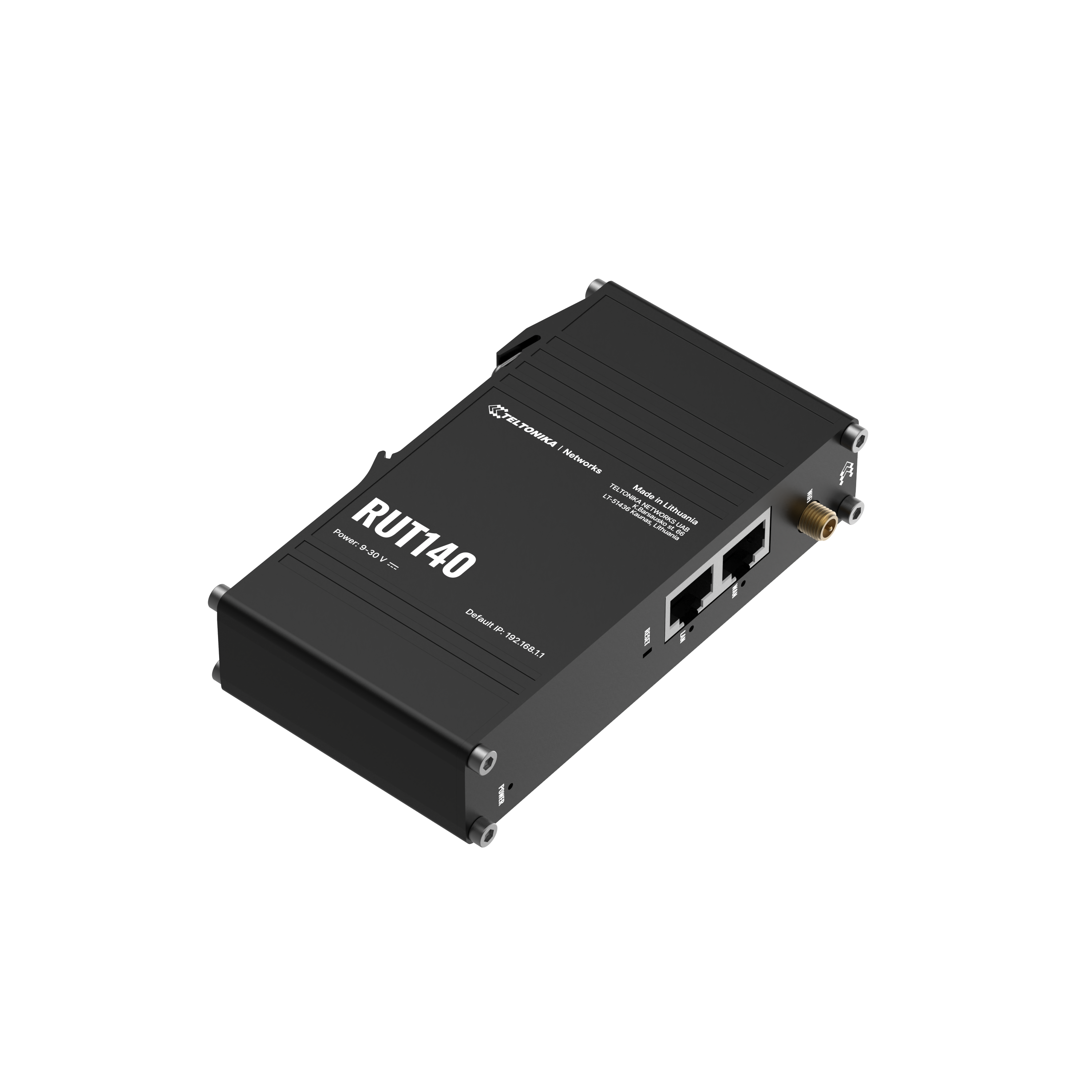
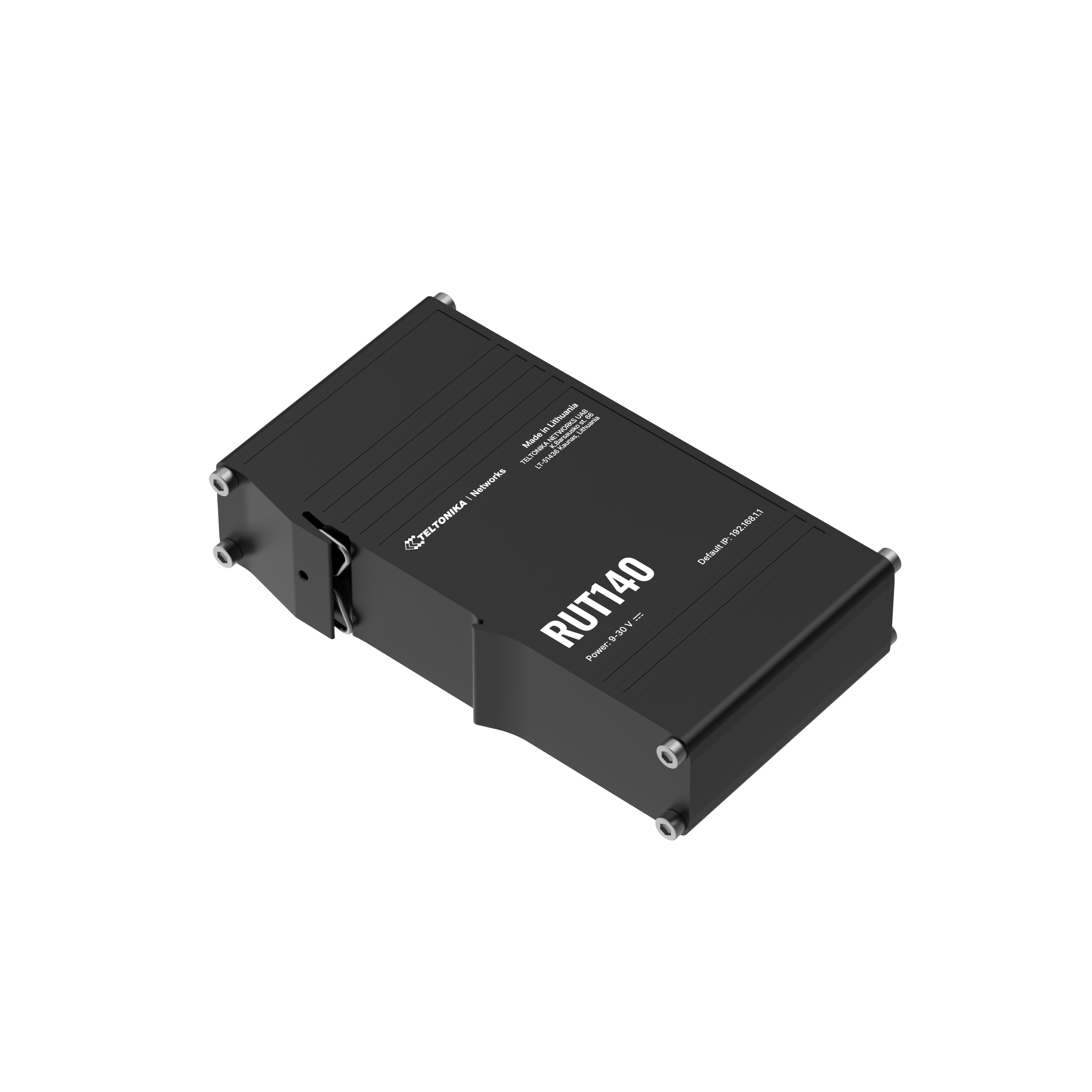
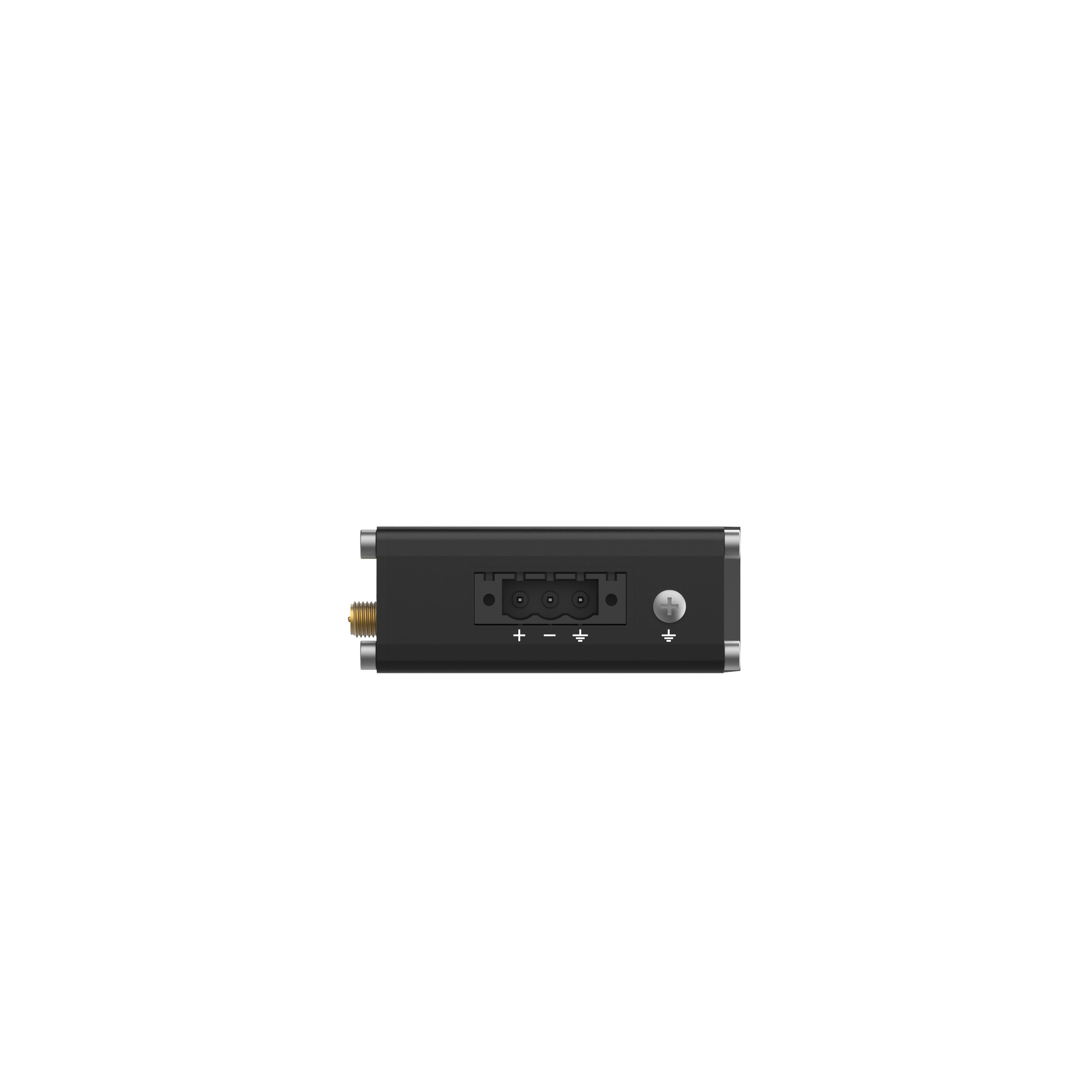
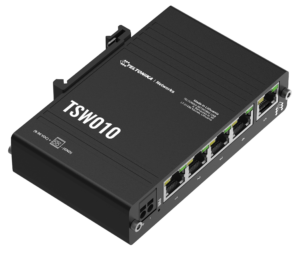
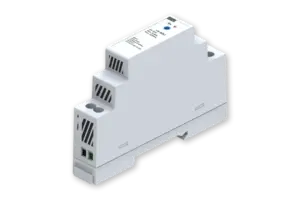
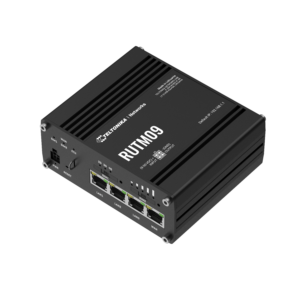
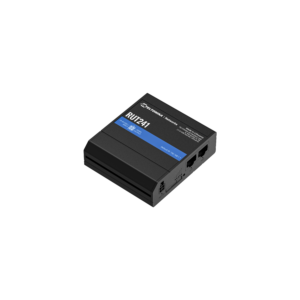
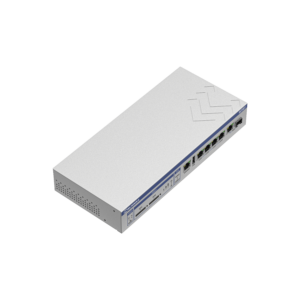
Anmeldelser
Der er endnu ikke nogle anmeldelser.